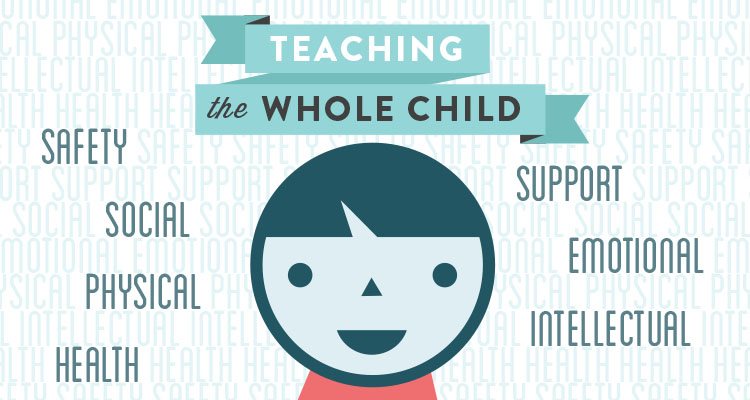Have you ever wanted to understand how grading should and does fit into the educational experience? As you get ready to kick off a new school year, I think I can help. I taught for 17 years, and have helped many students with “grade improvement plans.” Let’s look at what grades are, and then how a teacher views them.
The Ideal vs. the Reality
Ideally, grades are a measure of how broadly and deeply you have mastered the objectives in a course. Objectives are the things you are supposed to learn, and every reasonable course is built upon them. An example: “The student will be able to define ‘integers.’” If you earn a “B” in your physical science course, then you have mastered the objectives in the course to an above average level. A “C” grade is average. All of a student’s efforts in a class would be related to these objectives and to demonstrating a mastery of the subject by answering questions, writing essays, and performing complex tasks like labs.
The “real world” of grading is a bit different. First, I would give students the same advice that I would give my own children—and in fact did. Grades are like points scored in a game. They are a measure of how well you have “scored,” but not always a measure of your efforts and learning. Isn’t it frustrating to study hard, work hard, think you know what you are doing, and then perform poorly on a test!? So, if we think of learning as a game, your grades are points scored. In your mind, keep it that simple! Grades are not the purpose of learning—learning happens all of the time when no grades are given. However, grades are the measure used in the game of education!
Grading Differences
I am often asked about the differences between online learning and traditional schools. One answer I give is that grading is more precise—the score is kept more accurately. Why is this so? Every K12 quiz or test question is “mapped” or connected to an objective. This process was done by people who have doctorates—experts! In this way, students’ grade as a measure of their work reflects their knowledge better than some of the practices that are used by classroom teachers, and that even I used. For example, sometimes I and other teachers fall prey to volume and not quality in an essay, or are enamored with how pretty a display is, instead of looking at its contents. When humans are involved in grading, human biases are as well and unfortunately, almost all teachers fall prey to these.
Recently, I heard a disturbing story about a student in my community. He and a friend diligently worked together on a project and had it ready to submit to their teacher the next day. It was missing some large labels however. They had planned on printing the labels in school that morning, and to the surprise of all, the printers in the school had been shut down for service. While they had planned appropriately, and had all of the objectives of the English project met, the teacher deducted 10 percent of their overall grade because of the missing labels. In this student’s case, that was the difference between an “A” and a “B” grade in the course. That in turn can translate into fewer scholarship dollars, or not being accepted at a highly competitive college or university—all because a school printer that the student planned on using was not available! What did that have to do with the student’s mastery of the concepts taught in language arts!? Not a thing!
To summarize, students’ grades represent the points they score for what they know, and sometimes it is an imperfect measure. In an online system, it is more precise than in a traditional school because “human error” is reduced.
Appearances Count
I want to leave students with one more thought. Grades are a form of evaluation. Ideally you will always be evaluated based on your efforts and results. However, we live in a world where judgement and bias is part of humans evaluating things. Teachers evaluating a student’s work are no different than any other judgement call at times. In fact, even you, I am sure have sometimes misjudged something! A good strategy is to take an extra moment to think about your appearance and that of your work if it is teacher-graded. Be sure it is attractive and free of careless mistakes. Work that you have done that is packaged well will never be looked upon more poorly than poorly packaged work. In short, make your work a present—something worthy of “present-ation”—and you will most often score the most points you can!
Featured Image – Quinn Dombrowski / CC by 2.0
,










